Breaking: US Supreme Court Keeps Absentee Ballot Deadline Nov. 3
By Will Kenneally, Frederica Freyberg
October 26, 2020
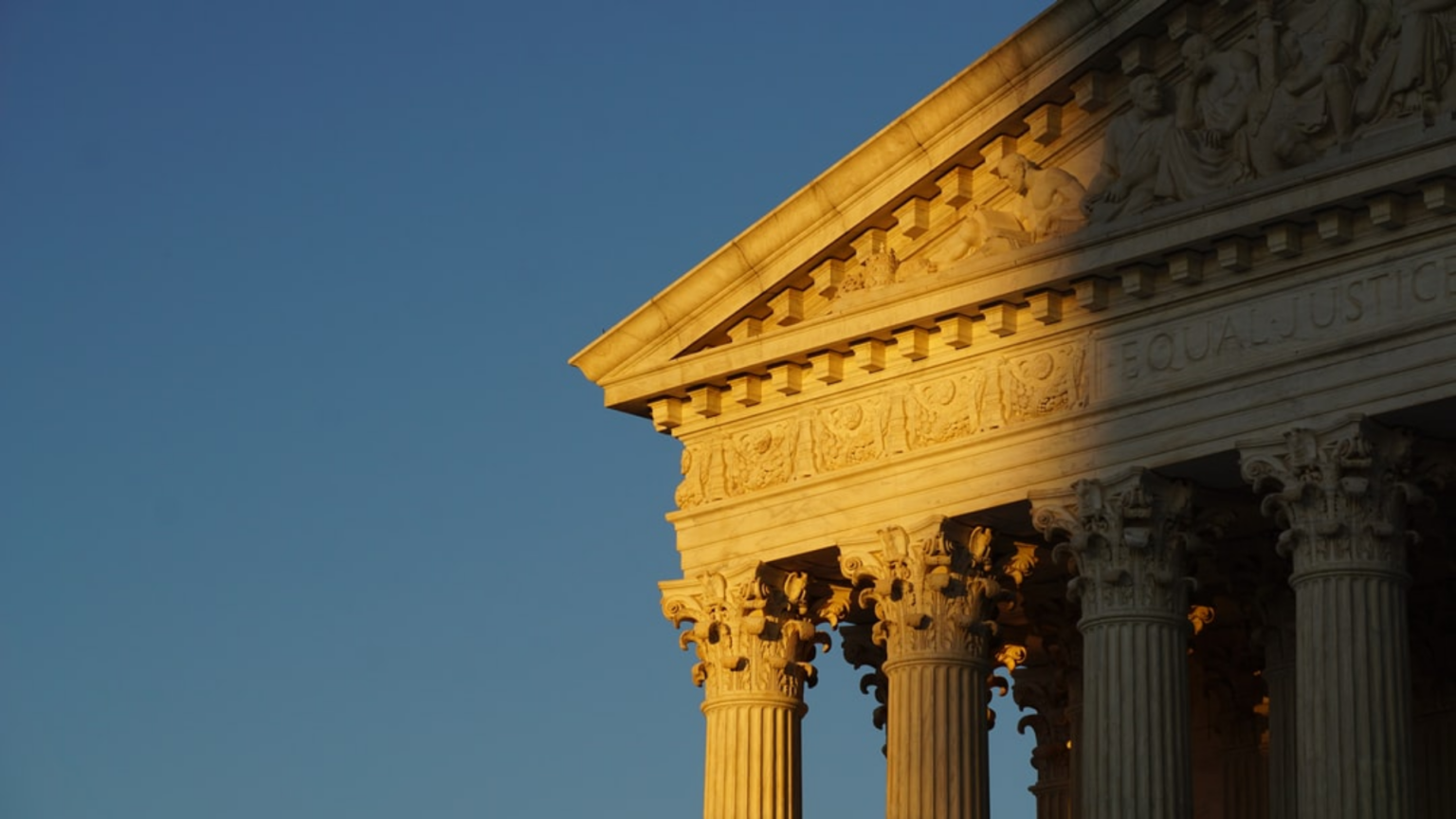
U.S. Supreme Court Building.
The U.S. Supreme Court agreed to let a lower court’s ruling stand, which means Wisconsin’s deadline to return absentee ballots will not be extended.
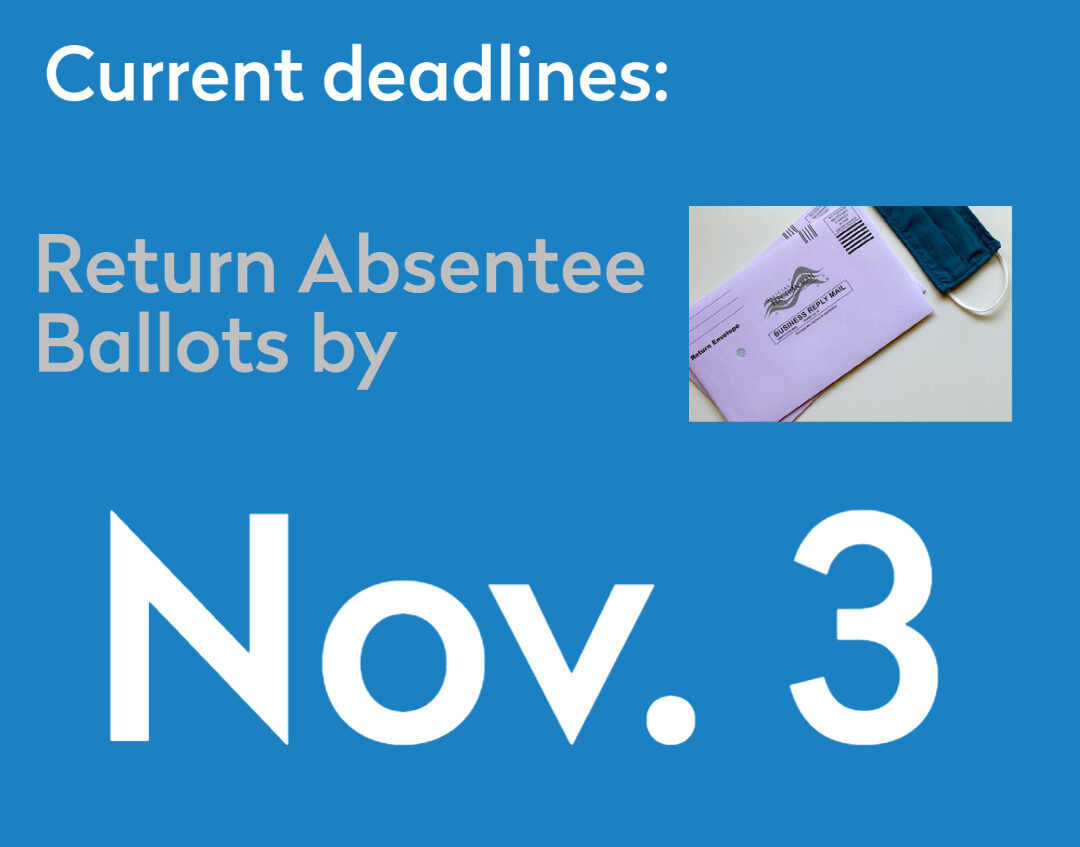 Absentee ballots must be returned to elections officials by 8 p.m. Nov. 3 to be counted.
Absentee ballots must be returned to elections officials by 8 p.m. Nov. 3 to be counted.
The U.S. Supreme Court ruled that a Madison federal judge overstepped his authority and fundamentally changed state law by granting an extended deadline.
“Of course, democratic processes can prove frustrating,” wrote Justice Neil Gorsuch in one of the court’s opinions.
“The clamor for judges to sweep in and address emergent problems, and the temptation for individual judges to fill the void of perceived inaction, can be great.”
“But what sometimes seems like a fault in the constitutional design was a feature to the framers, a means of ensuring that any changes to the status quo will not be made hastily, without careful deliberation, extensive consultation, and social consensus,” Gorsuch added.
The justices split 5-3 along liberal-conservative lines. The justices handed down their decision in three concurring opinions.
Chief Justice John Roberts, who last week joined the court’s liberals to allow a similar Pennsylvania deadline to move forward, wrote that the Wisconsin case was rather a matter of state law, to be decided without “federal intrusion on state lawmaking processes.”
Dissent
Dissenting liberal justices could not have been more clear in their displeasure with the majority opinion. Writing for the dissent, Justice Elena Kagan was joined by Justices Stephen Breyer and Sonia Sotomayer.
“Wisconsin is one of the hottest of all COVID hotspots in the Nation. So rather than vote in person, many Wisconsinites will again choose to vote by mail,” Kagan wrote.
According to the Wisconsin Elections Commission, as of Wednesday, 1.8 million voters requested an absentee ballot, and 1.5 million have returned them so far.
Given the crush of absentee voting and citing Wisconsin election officials, Kagan pointed out that according to expert testimony, a typical ballot would take a full two weeks to get from an election clerk to the voter and back again, even if the voter immediately returned the ballot by U.S. mail. This time lag demands a six-day extension of the receipt deadline for mail ballots postmarked by Election Day, according to Kagan.
“Based on the April election experience, the [lower] court determined that many voters would not even receive mail ballots by Election Day, making it impossible to vote in that way. And as many as 100,000 citizens would not have their votes counted—even though timely requested and postmarked—without the six-day extension,” Kagan wrote in her dissent.
“As the COVID pandemic rages, the Court has failed to adequately protect the Nation’s voters,” Kagan stated.
Tens of thousands of Wisconsinites, through no fault of their own, may receive their mail ballots too late to return them by Election Day, she wrote, saying voters will have to risk braving the polls during the pandemic or losing their right to vote.
“The voters of Wisconsin deserve a better choice,” Kagan concluded.
Reaction
Wisconsin Elections Commission Administrator Meagan Wolfe urged Wisconsin voters to return their ballots quickly.
“The US Postal Service says it can take up to seven days for a letter to arrive, so if you’re planning to mail your ballot back, you should mail it back as soon as possible,” she said.
The decision also spurred reaction from the state Republican party, which was among the groups that appealed the Madison judge’s decision.
“Democrats’ attempts to get the courts to rewrite Wisconsin’s election laws on the eve of an election have failed,” said Republican party chairman Andrew Hitt.
“Absentee voting in Wisconsin is extremely easy and hundreds of thousands of people have done it already — last minute attempts to change election laws only cause more voter confusion and erode the integrity of our elections.”
This story was updated with absentee ballot numbers.
 Passport
Passport




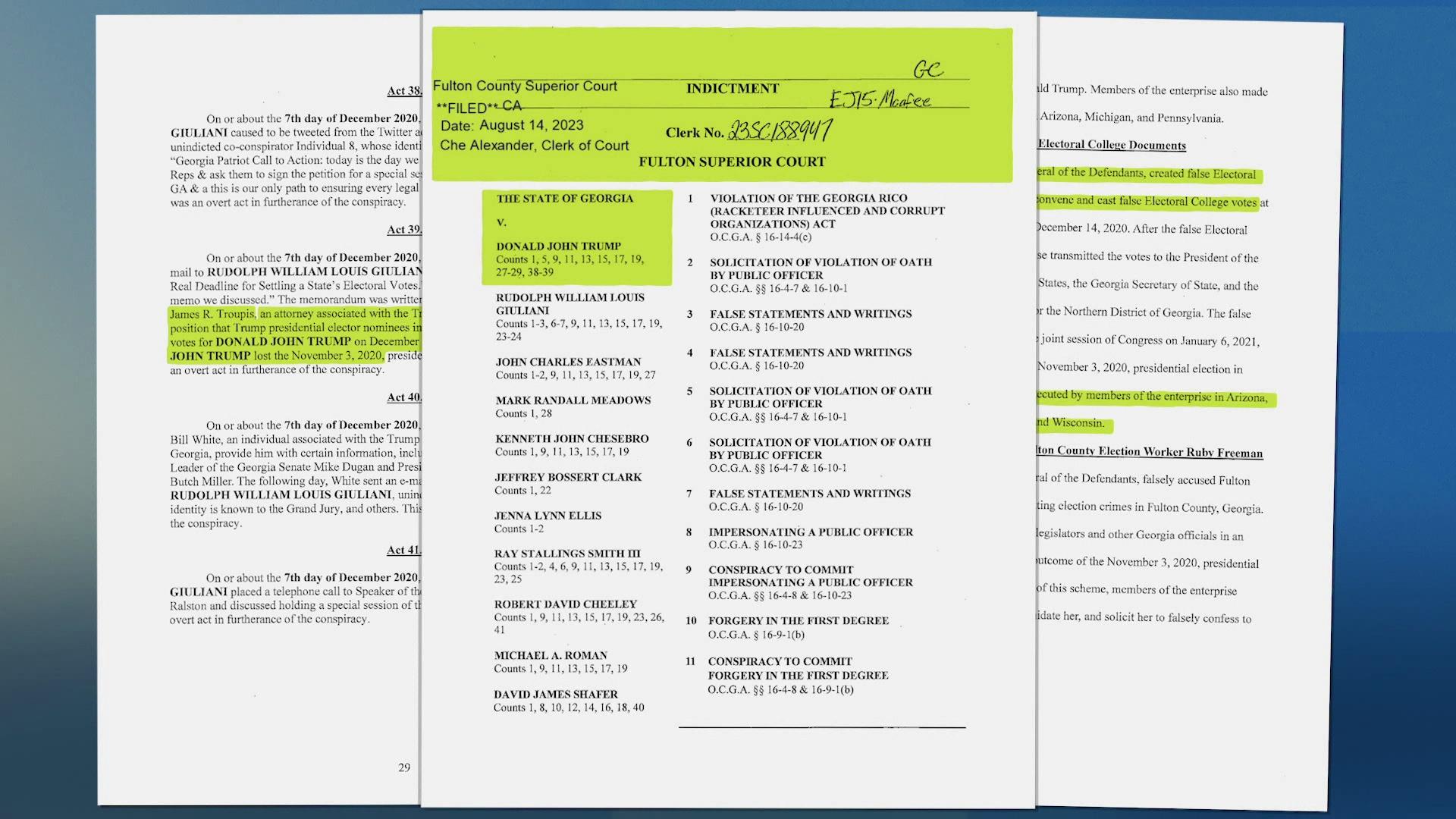
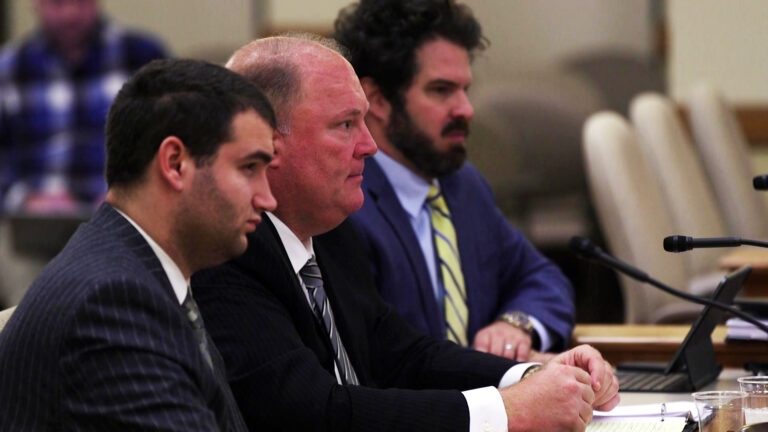
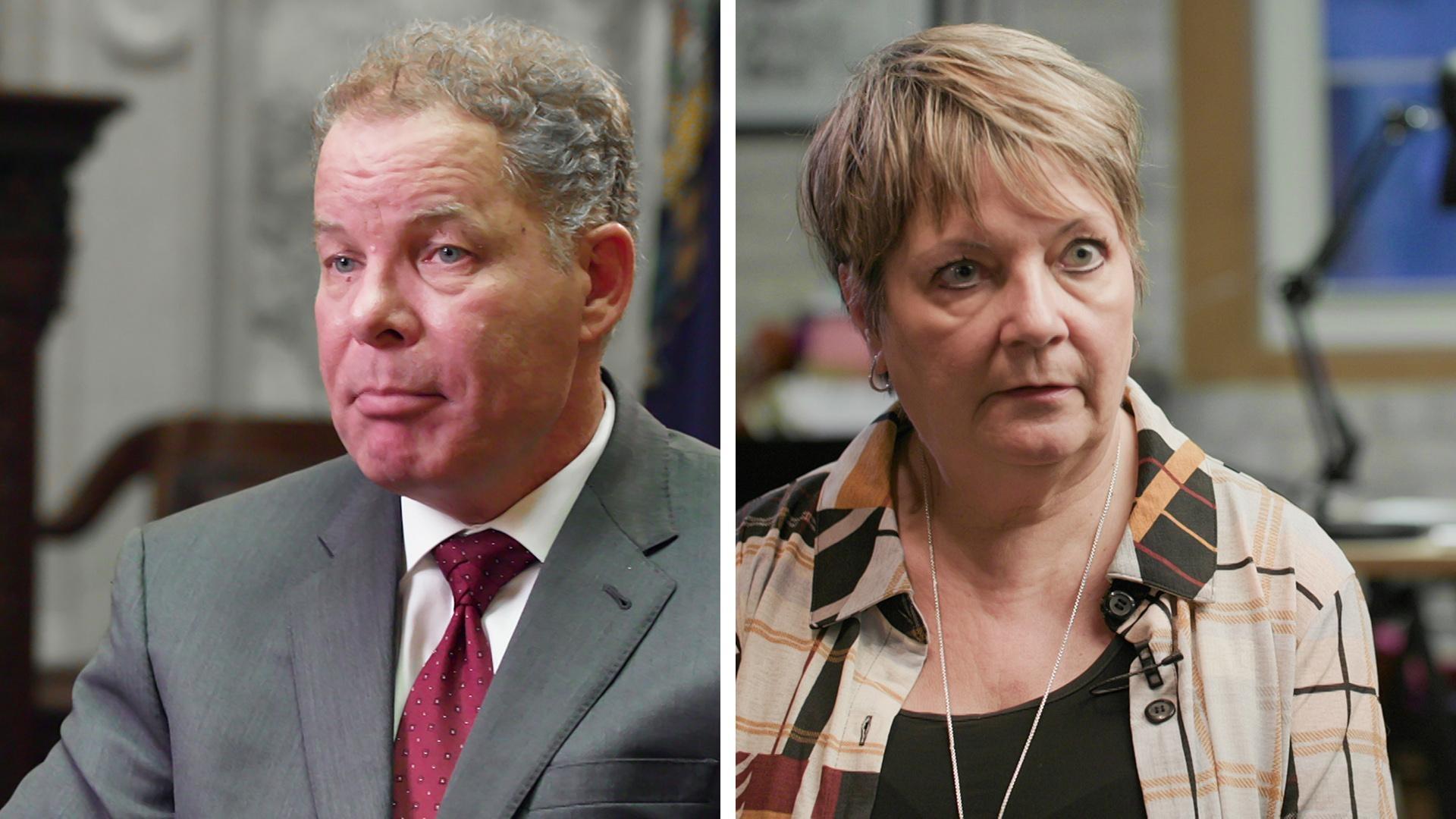
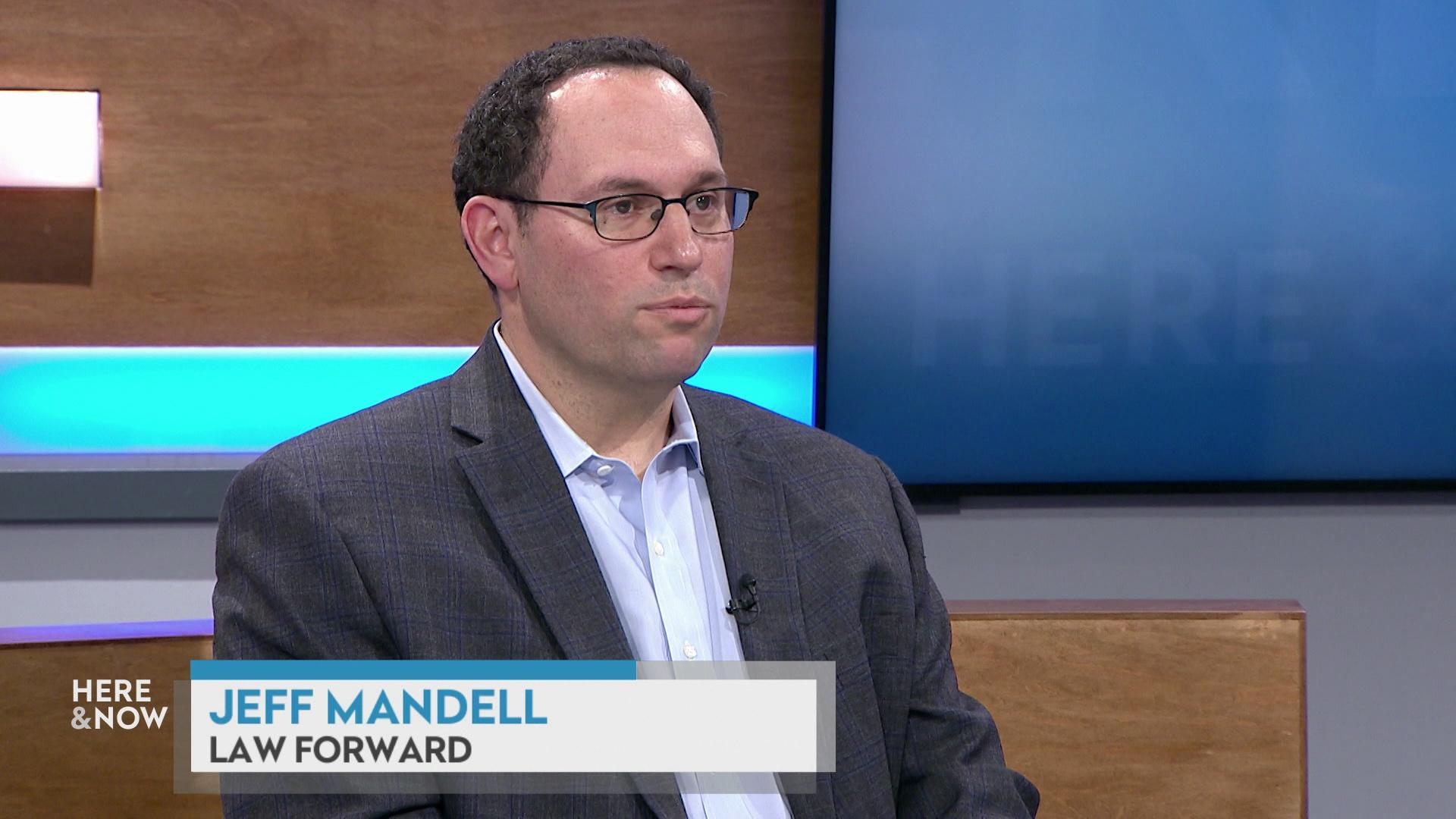

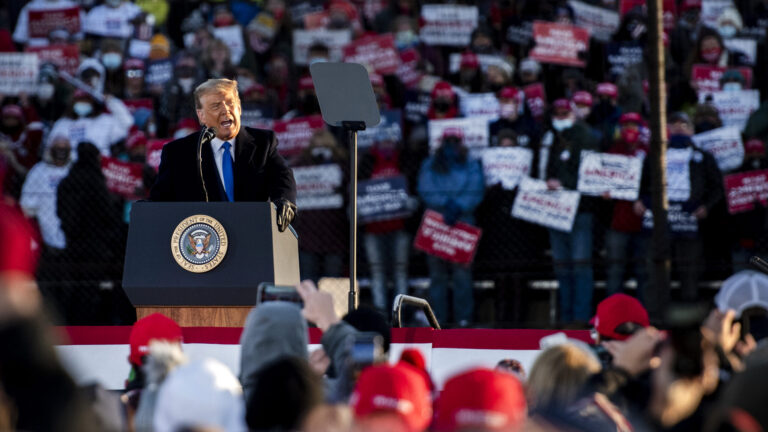

Follow Us